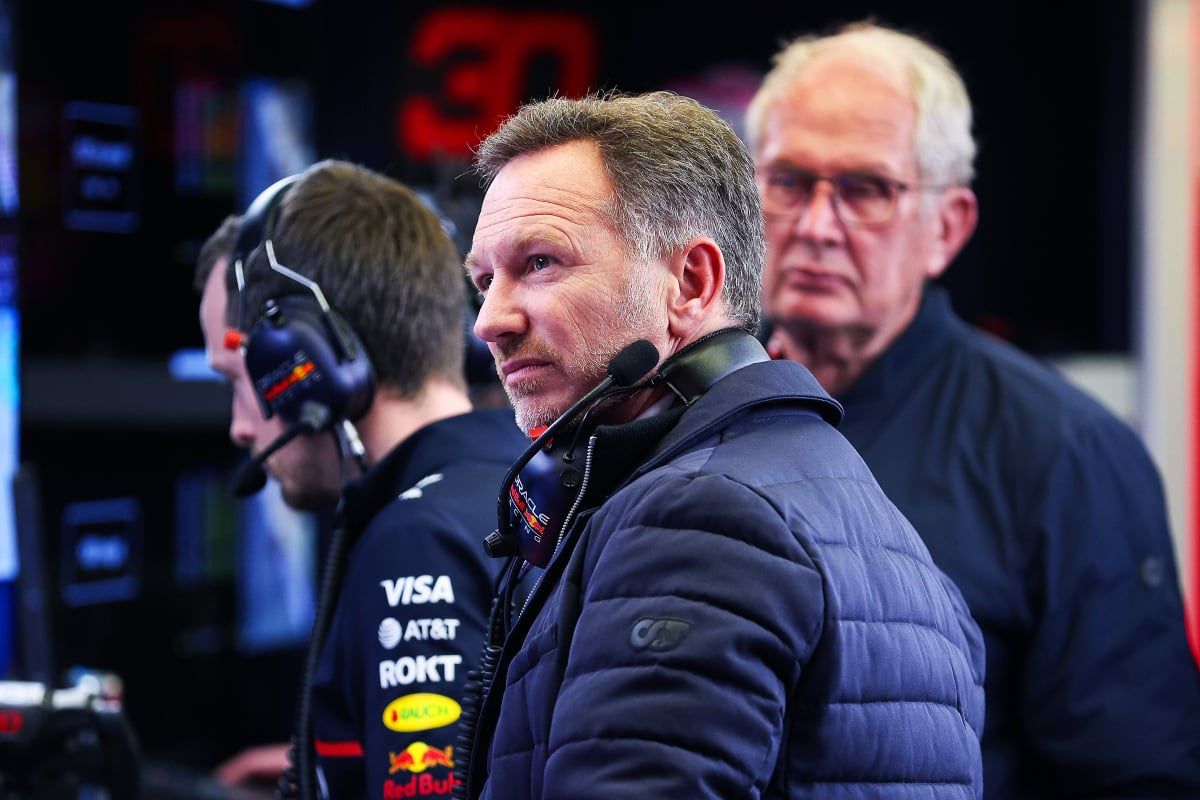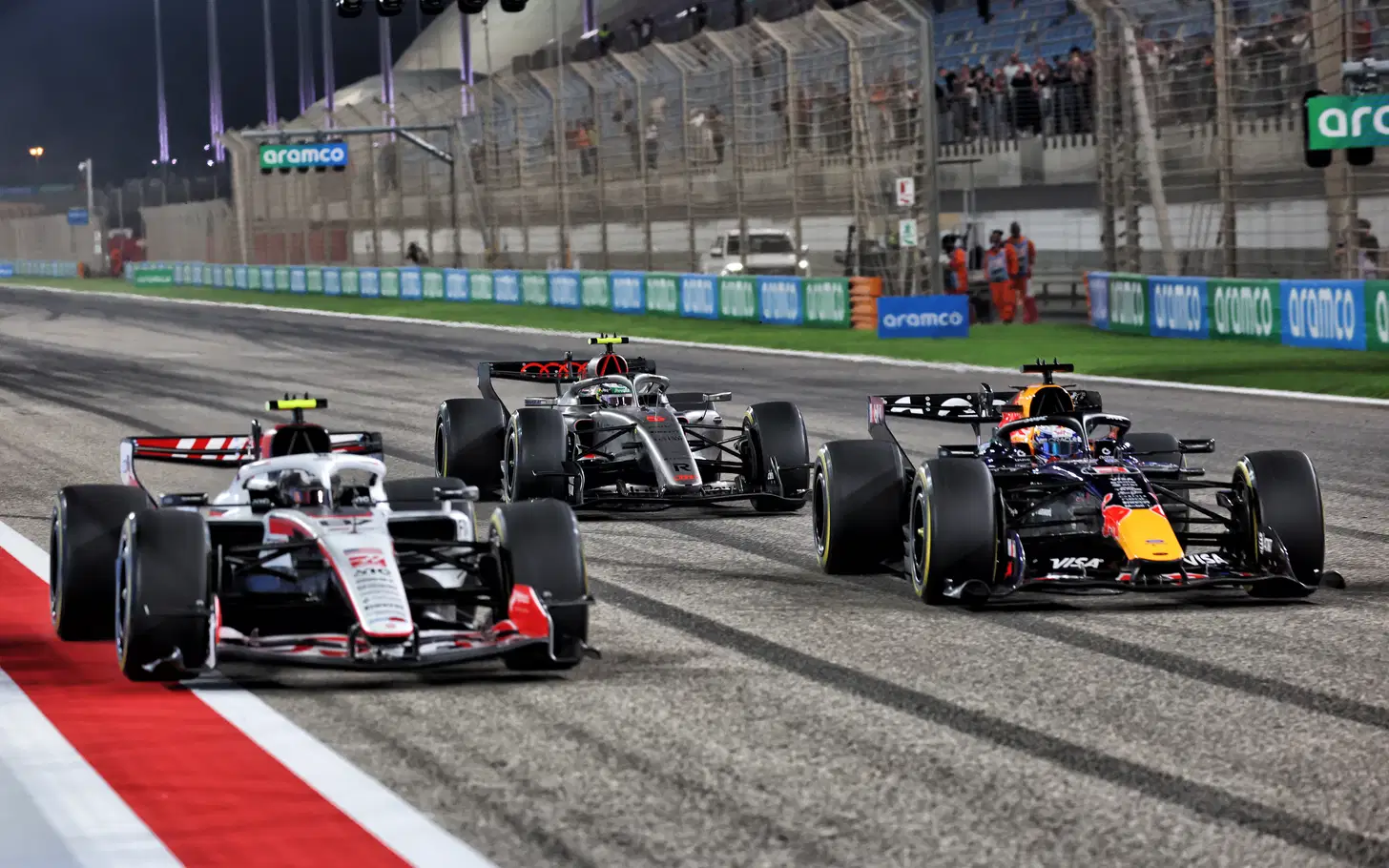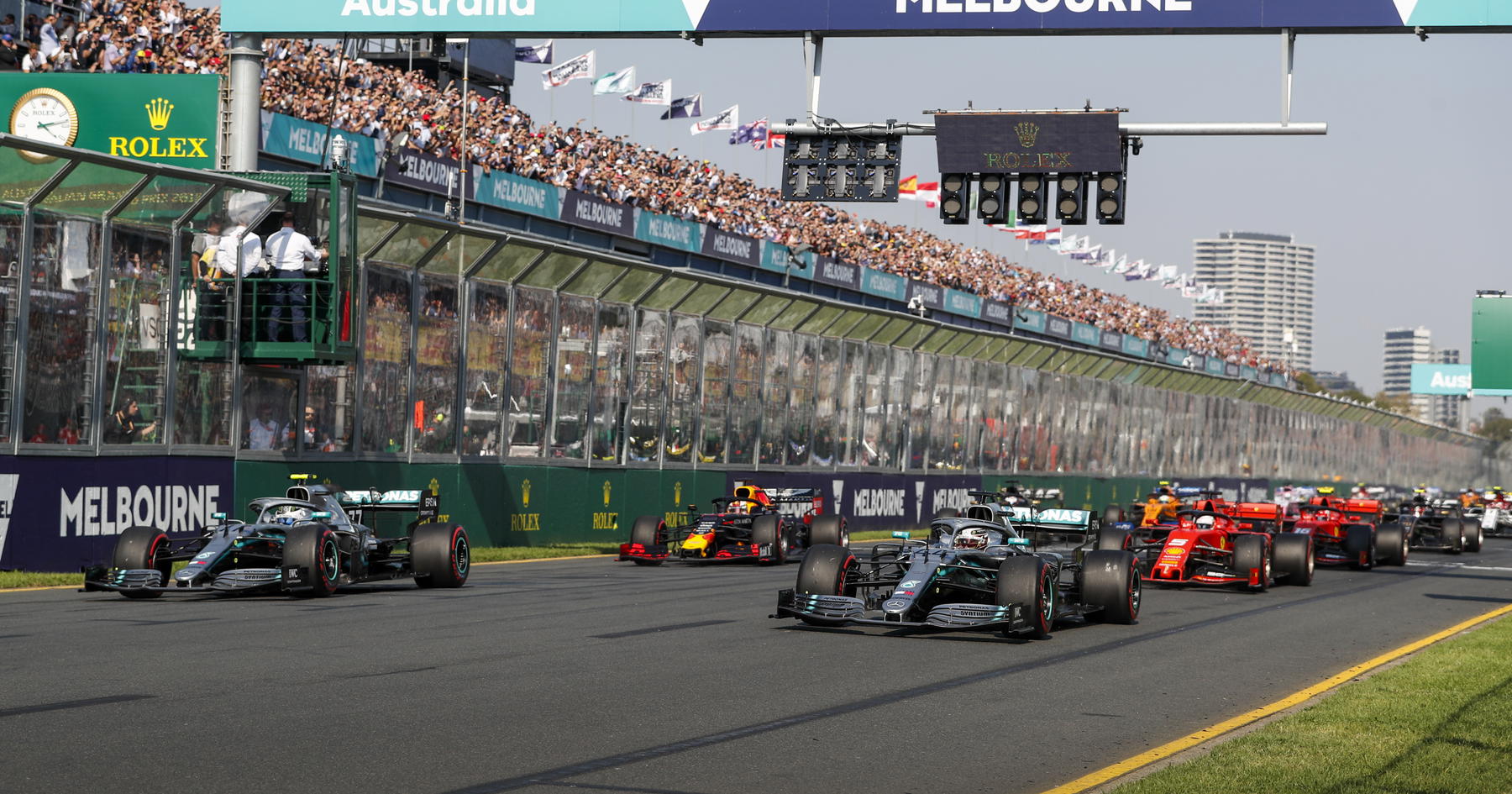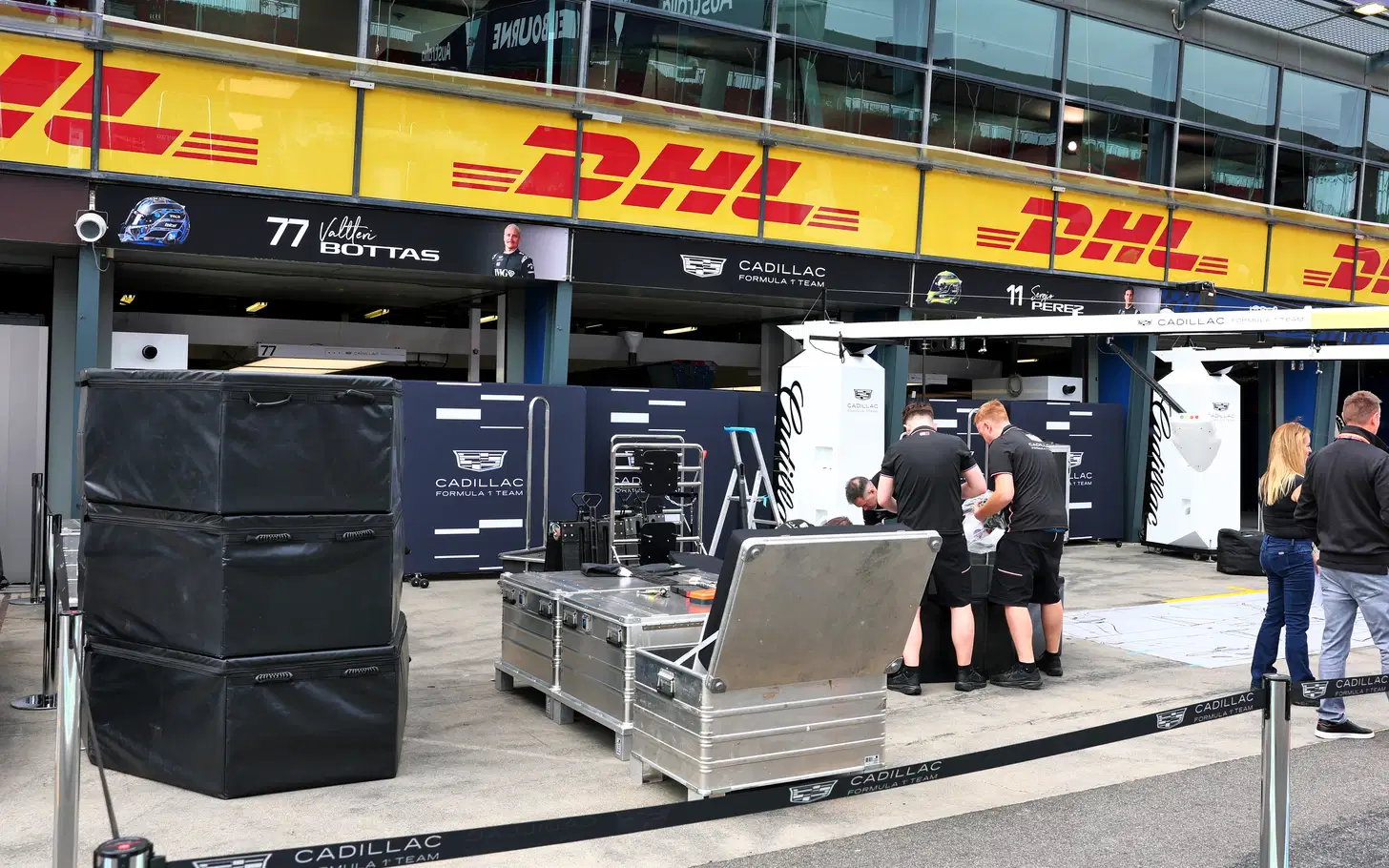Sebastian Vettel Breaks Silence on Christian Horner’s Dramatic Red Bull Exit
Four-time Formula 1 world champion Sebastian Vettel has finally shared his thoughts on Christian Horner’s unexpected and turbulent departure from Red Bull Racing—an exit that shook the paddock and marked the end of one of the most enduring leadership eras in modern F1 history.
Horner, who had led Red Bull since its inception as a Formula 1 team in 2005, was dismissed abruptly last July, ending a two-decade run that included multiple world championships, a dynasty built around technical innovation, and the rise of some of the sport’s brightest stars. His removal and the immediate appointment of Laurent Mekies as team principal and CEO created widespread speculation, with fans and experts alike trying to understand the deeper implications for the team’s future.
During the Brazilian Grand Prix weekend, Sky Sports caught up with Sebastian Vettel, who spent some of the most successful years of his career working directly with Horner. Vettel, who remains one of the most respected voices in the sport, admitted he was genuinely caught off guard by the news.
> “Surprised. Christian has been there for so long, since the very beginning, and knows this team inside out,” Vettel said, recalling his initial reaction.
Vettel and Horner’s partnership brought Red Bull four consecutive Drivers’ and Constructors’ Championships between 2010 and 2013. Their dominance marked one of the most iconic eras in F1, making Horner’s exit even more striking to those who lived through that period.
Vettel was careful to highlight the sheer size of Horner’s legacy at the Austrian outfit. He emphasized that Horner was far more than a manager—he was, in many ways, the glue that held the organization together.
> “Christian left some big footsteps, not just because of all the success he’s had with the team, but also because he was such a central part of the team. He knew what was going on at every level,” Vettel explained.
According to the German driver, Horner’s influence stretched far beyond race strategy or driver management. He had a deep understanding of Red Bull’s culture, internal dynamics, and long-term vision—elements that are difficult to replicate overnight.
Despite his shock, Vettel did not shy away from acknowledging Laurent Mekies, the man now tasked with filling Horner’s shoes. Mekies, a highly respected figure with experience in both FIA operations and leadership roles in F1 teams, faces one of the toughest assignments in the paddock.
Vettel spoke warmly about Mekies, noting:
> “I know Laurent as well—the success, the experience. I worked with him and he’s a really, really great person.”
Still, Vettel made it clear that the responsibility now placed on Mekies is enormous. Taking over a team the size and complexity of Red Bull—especially one used to stability at the top—requires not only technical knowledge but also the ability to lead through transition.
The former F1 champion admitted he does not have full insight into the internal reorganization taking place behind closed doors, nor the long-term plans the team has laid out. But he emphasized that this uncertainty is precisely why observers should be patient before drawing conclusions.
> “I’m not completely aware of the organisation, the structure, and especially the plan for the future. But that’s where I think it’s valid to say, let’s wait and see how it turns out,” Vettel said.
His comments reflect a broader sentiment in the paddock: Red Bull is entering uncharted territory. Horner had been the only principal the team ever knew, steering them through every regulation change, driver shift, and competitive cycle for twenty years. His departure signals not just a leadership change but potentially a philosophical shift in how the team operates.
As Formula 1 heads toward its next major regulatory overhaul in 2026, the implications of this leadership transition will become even more significant. The coming seasons will reveal whether Red Bull can maintain its competitive momentum or whether the loss of such a defining figure will trigger a period of adjustment.
For now, Vettel’s measured response serves as a reminder that while leadership changes are always dramatic in F1, the true impact takes time to emerge. Whether Mekies can carry the torch or carve out a new direction entirely remains one of the sport’s most intriguing questions.




